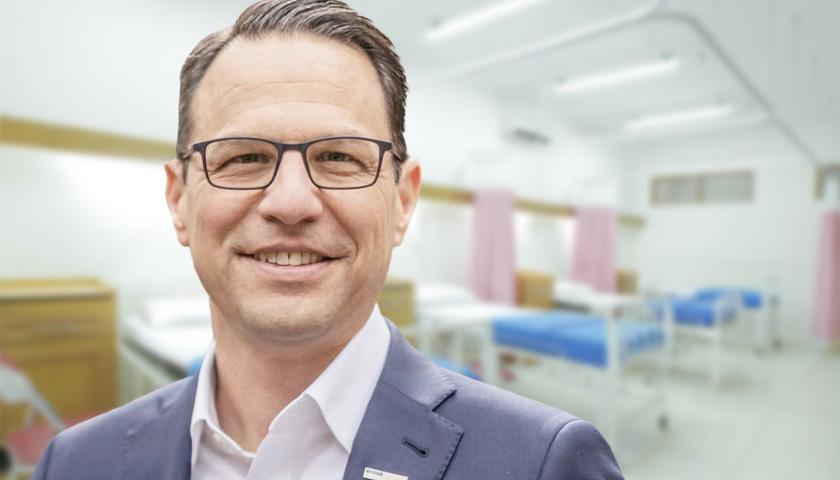by Anthony Hennen
Advocates say medication-assisted treatment best prevents overdoses, but awareness and support still lag.
The situation means residents dealing with substance abuse disorders can’t access a “crucial” tool for recovery, said Fred Way, founder and executive director of the Pennsylvania Alliance of Recovery Residences.
More than 5,300 people in Pennsylvania died from an overdose in 2021 – the third highest rate in the nation, as The Center Square previously reported.
The state’s attempt to manage opioid addiction has cycled through many phases since health officials under the former gubernatorial administration first deemed it a public health crisis in 2016. This week, Gov. Josh Shapiro cracked down on the latest additive – a veterinary sedative called ‘tranq’ – that drug traffickers lace into synthetic opioids to increase profits.
“The community doesn’t know a lot about MAT, a lot about overdose prevention, and if they did – and if more community people were trained in being able to intercede with someone having an overdose — we could lessen some of the ODs,” Way said.
As overdoses multiply, so too have the number of inmates in state prisons and county jails living with substance abuse disorders. The Department of Corrections began offering MAT in its facilities and anticipates more collaboration with local facilities to offer the same, officials said in an April budget hearing with the Senate Appropriations Committee.
Glenn Sterner, an assistant professor of criminal justice at Penn State University-Abington, called it “the most effective treatment strategy” to deal with substance abuse during a meeting of the Center for Rural Pennsylvania, as The Center Square previously reported.
Public support and official support, however, isn’t always there.
County jails, for instance, rarely allow inmates to start MAT for an addiction issue. Only three of 62 facilities statewide have a policy of starting such a program, and only 18 allow treatment to continue if an inmate already has a prescription. However, attitudes are changing.
Pennsylvania decriminalized fentanyl test strips last year, and has made it easier to purchase the overdose-reversing drug naloxone – also known as Narcan – over the counter.
“I think the commonwealth really gets it, and I think they see the need to get it out there,” Way said.
The overdose crisis won’t be fixed only by providing more resources, however. Recovering from addiction starts with the individual.
“I see more outreach in the streets for individuals who are using — but again, that person has to be ready,” Way said. “You can put all the outreach programs that you want out on the street. But if they’re not ready, it isn’t really gonna matter.”
Getting users into treatment, detox, and into a recovery house or somewhere they can recover, Way said, is “number one.”
The Pennsylvania Alliance of Recovery Residences certifies homes that make them eligible for state and federal money, but the certification is optional. Though it’s unclear how many recovery homes operate in Pennsylvania, they’re estimated to number in the thousands. The Department of Drug and Alcohol Programs keeps a directory of homes by county.
Recovery homes can help people find stability, Way said. He characterized two big issues as part of recovery: ensuring people are surrounded by others who share the same goal and being able to get a job to afford everyday expenses.
“Even for a professional working it’s difficult,” he said. “For someone trying to recover and find meetings, find some type of job to be able to pay, it’s very difficult.”
The problem of how easy it is to obtain illegal drugs, however, remains.
“As long as the flow of drugs … that’s hitting the street, it’s really — this ain’t a 15-round fight, this is a life fight,” Way said.
– – –
Anthony Hennen is a reporter for The Center Square. Previously, he worked for Philadelphia Weekly and the James G. Martin Center for Academic Renewal. He is managing editor of Expatalachians, a journalism project focused on the Appalachian region.
Photo “Josh Shapiro” by Josh Shapiro. Background Photo “Hospital” by Adhy Savala.








